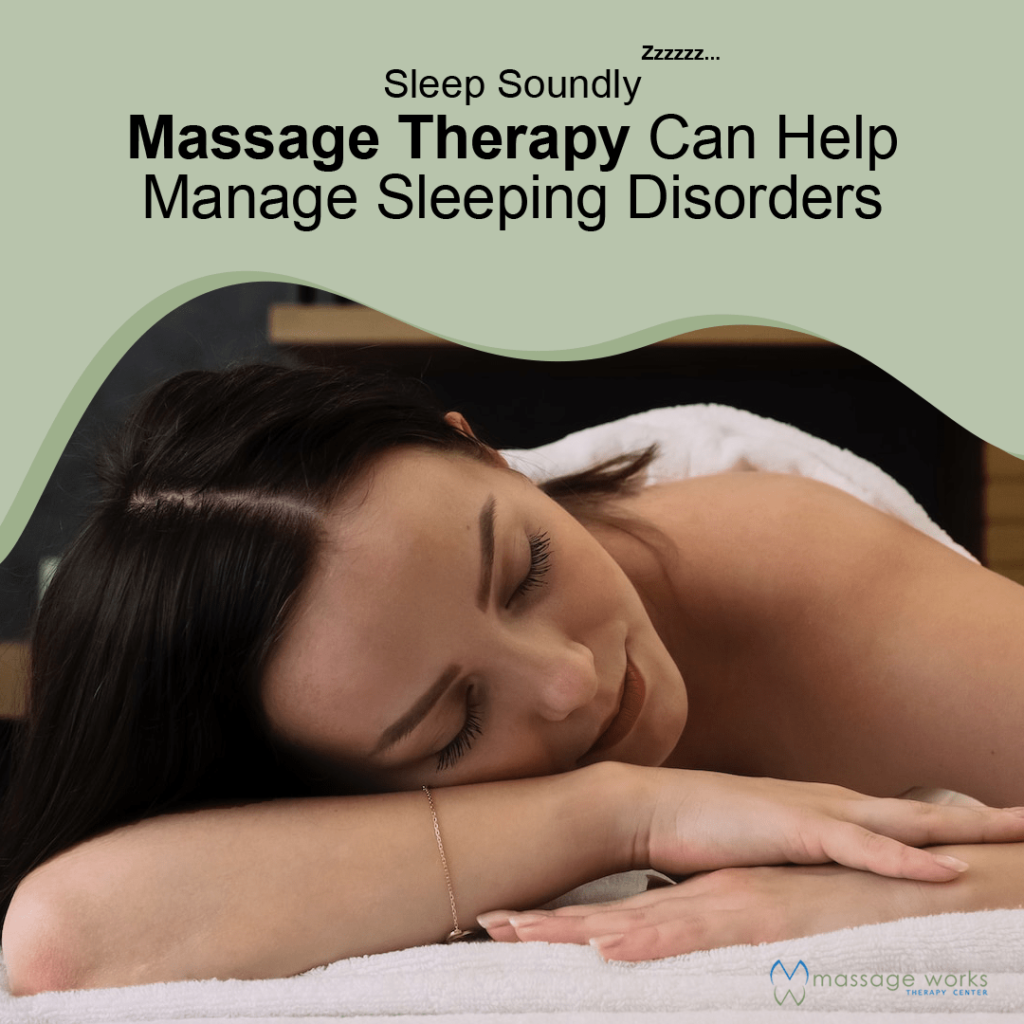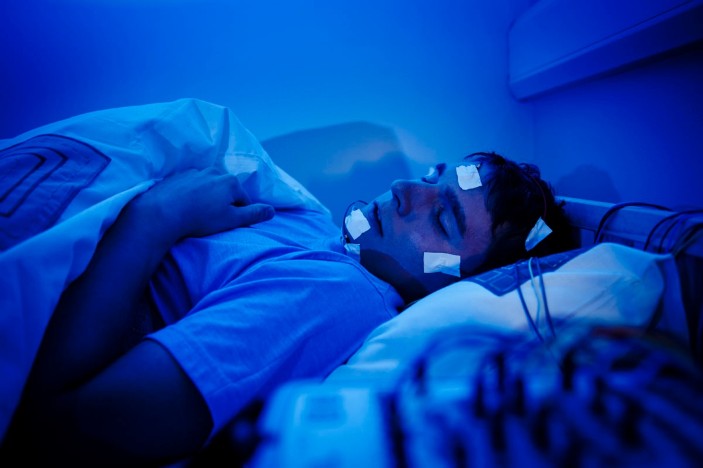Specialist Insomnia Counseling - Get Specialist Support
Reliable Therapy Solutions for Managing Rest Disorders and Enhancing Peaceful Sleep
In the world of medical care, the administration of sleep problems and the mission for relaxing sleep are essential elements of total well-being. Reliable therapy options use a diverse technique to deal with these obstacles, ranging from cognitive behavior interventions to all natural practices that advertise relaxation and mindfulness. The expedition of numerous techniques, consisting of the integration of drug and light therapy, opens a realm of possibilities in the pursuit of better rest quality. As we navigate the complex landscape of sleep disorders and look for to improve our rest experience, a deeper understanding of these therapy remedies may hold the trick to opening a more rejuvenating and fulfilling restorative journey.
Cognitive Behavioral Therapy for Sleeplessness (CBT-I)
Cognitive Behavior Modification for Sleeping Disorders (CBT-I) is an organized, evidence-based therapy approach that focuses on attending to the hidden aspects adding to rest disturbances. This sort of therapy aims to change behaviors and thoughts that exacerbate sleeping disorders, ultimately promoting healthy and balanced rest patterns. CBT-I generally includes a number of key components, including cognitive therapy, rest constraint, stimulation control, and rest health education.
Cognitive therapy helps individuals identify and transform unfavorable idea patterns and beliefs about rest that may be impeding their ability to fall or stay asleep. Rest constraint entails limiting the amount of time spent in bed to match the person's actual sleep duration, thus boosting rest performance (cognitive behavioral therapy for insomnia (CBT-I)). Stimulation control methods help develop a strong association between the bed and sleep by encouraging people to head to bed only when drowsy and to avoid participating in stimulating tasks in bed
Furthermore, sleep hygiene education and learning focuses on establishing healthy rest habits, such as keeping a constant rest timetable, producing a relaxing bedtime routine, and maximizing the sleep setting. By attending to these aspects comprehensively, CBT-I uses a reliable non-pharmacological intervention for managing sleeping disorders and boosting overall sleep top quality.
Rest Health Practices
Having actually developed the structure of cognitive restructuring and behavioral adjustments in resolving insomnia through Cognitive Behavioral Therapy for Insomnia (CBT-I), the emphasis now moves in the direction of discovering crucial Sleep Health Practices for keeping optimum sleep high quality and general health.
Sleep hygiene techniques incorporate a variety of practices and ecological aspects that can significantly impact one's capability to go to sleep and remain asleep throughout the night. Consistent rest and wake times, creating a relaxing going to bed regimen, and enhancing the sleep setting by maintaining it dark, silent, and cool are essential parts of great rest hygiene. Restricting direct exposure to screens prior to bedtime, preventing stimulants like caffeine close to bedtime, and engaging in normal exercise throughout the day can also advertise much better sleep high quality.
In addition, practicing leisure strategies such as deep breathing workouts or reflection before bed can aid soothe the mind and prepare the body for rest. By incorporating these rest hygiene practices right into one's day-to-day regimen, individuals can establish a healthy and balanced rest pattern that supports relaxed rest and general well-being.
Relaxation Methods and Mindfulness
Applying relaxation techniques and mindfulness practices can play a pivotal role in promoting a sense of tranquility and promoting quality rest. In addition, directed imagery can help transport individuals my website to a tranquil location in their minds, assisting in stress and anxiety decrease and improving sleep high quality.
Mindfulness practices, such as meditation and yoga exercise, are additionally reliable in advertising relaxation and enhancing rest. Mindfulness encourages people to remain existing in the minute, releasing bother with navigate here the past or future. By incorporating these practices into a bedtime regimen, individuals can signal to their bodies that it is time to prepare and relax for sleep. On the whole, integrating relaxation methods and mindfulness practices can considerably contribute to managing sleep problems and improving general sleep quality.

Medicine Options for Sleep Disorders
After exploring leisure techniques and mindfulness techniques as non-pharmacological interventions for enhancing sleep high quality, it is necessary to take into consideration medicine alternatives for people with sleep disorders. In instances where way of life modifications and treatment do not offer adequate relief, medicine can be a useful tool in managing sleep disturbances.
Frequently prescribed drugs for sleep disorders include benzodiazepines, non-benzodiazepine hypnotics, antidepressants, and melatonin receptor agonists. Benzodiazepines, such as diazepam, are sedatives that can help cause rest, but they are typically recommended for temporary usage because of the risk of reliance. Non-benzodiazepine hypnotics like zolpidem are additionally made use of to deal with sleeplessness and have a lower risk of reliance contrasted to benzodiazepines. Antidepressants, such as trazodone, can be advantageous for people with co-occurring clinical depression and rest disturbances. Melatonin receptor agonists, like ramelteon, target the body's all-natural sleep-wake cycle and can be helpful for controling sleep patterns.
It is essential for people to talk to a doctor to identify the most proper drug alternative based on their specific rest condition and medical background.
Light Treatment for Circadian Rhythm Law
Light therapy, also recognized as phototherapy, is a non-invasive treatment approach utilized to manage body clocks and enhance sleep-wake cycles. This therapy involves exposure to bright light that imitates natural sunshine, which helps to reset the body's internal clock. By revealing Read Full Report people to particular wavelengths of light, typically in the morning or evening depending upon the wanted result, light therapy can effectively readjust the circadian rhythm to advertise wakefulness throughout the day and improve relaxing sleep at night.
Study has actually shown that light treatment can be particularly valuable for individuals with body clock problems, such as delayed rest stage syndrome or jet lag. It can also be helpful for those experiencing seasonal depression (SAD), a kind of anxiety that commonly occurs throughout the winter months when natural light exposure is minimized. Light therapy is generally well-tolerated and can be used together with various other therapy approaches for sleep conditions to maximize end results and enhance general rest top quality.
Final Thought
Finally, reliable treatment solutions for handling rest conditions and boosting relaxing rest consist of Cognitive Behavioral Treatment for Sleep Problems (CBT-I), rest health practices, relaxation methods and mindfulness, drug alternatives, and light therapy for circadian rhythm regulation. These techniques can aid individuals enhance their rest quality and total health. It is important to talk to a doctor to figure out the most suitable method for dealing with rest issues.
As we navigate the complex landscape of sleep disorders and seek to enhance our rest experience, a deeper understanding of these treatment solutions might hold the secret to unlocking a more rejuvenating and satisfying restorative journey.
Sleep limitation involves restricting the quantity of time spent in bed to match the person's real sleep period, thus increasing sleep efficiency. Regular rest and wake times, producing a relaxing bedtime routine, and optimizing the sleep atmosphere by keeping it dark, peaceful, and cool are critical components of good rest health. Light treatment is typically well-tolerated and can be made use of in conjunction with other therapy techniques for sleep problems to maximize outcomes and enhance overall rest top quality.
